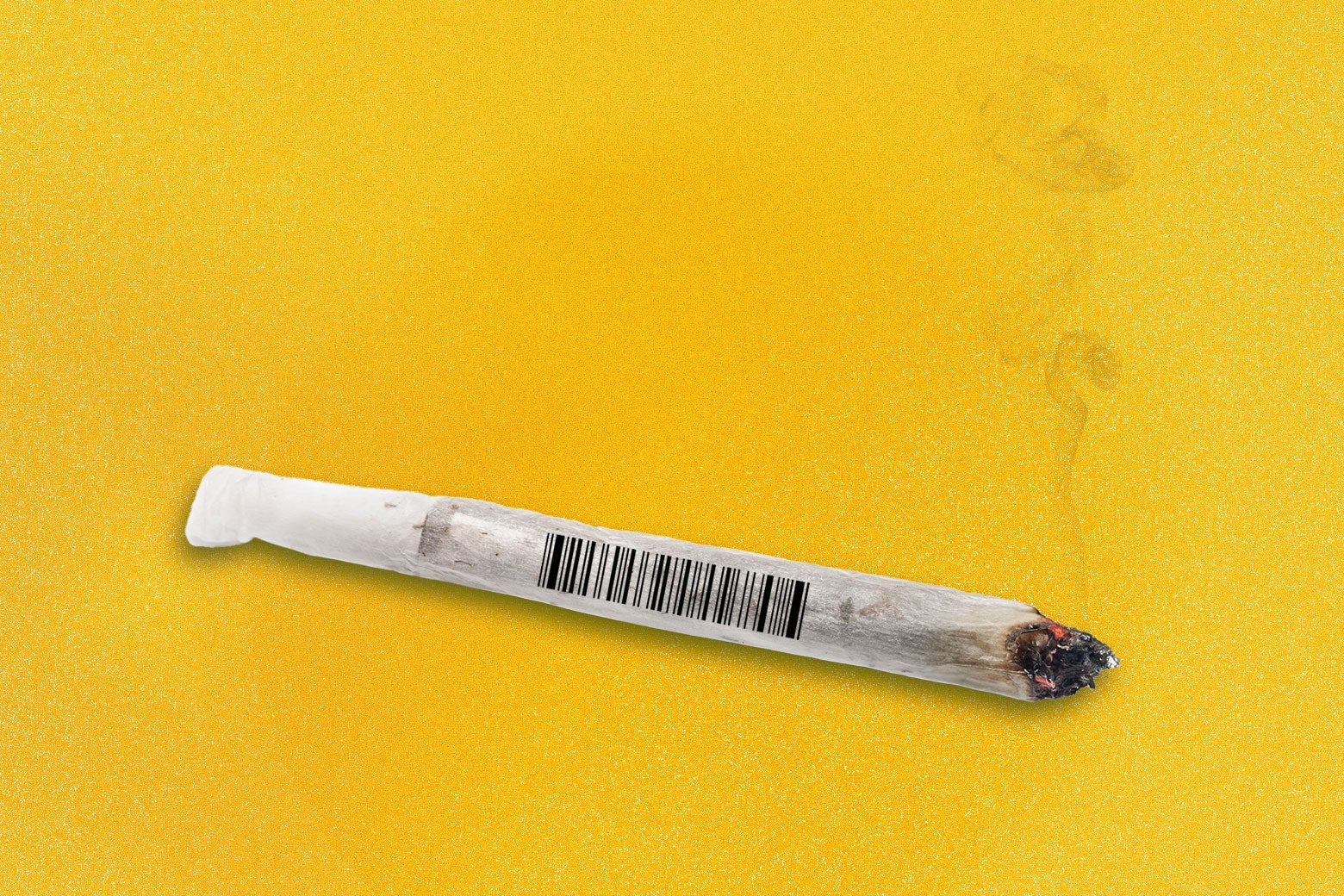Navigating Finances After Loss: A Widow's Journey
In the stillness of the early morning hours, about a week after the sudden death of my husband in 2003 due to cardiac arrest, I awoke gasping for breath. My heart raced not just from the shock of loss but from the looming questions that haunted my mind: Would my daughters be able to continue their education? Could I manage to keep up with the mortgage payments on our home?
When my husband accepted his first diplomatic assignment overseas, I made the difficult decision to put my career on hold. Upon our return to the United States, I began the long journey of rebuilding my professional life. However, I quickly realized that I had fallen significantly behind my peers in terms of earnings and savings. Despite this, I was not particularly anxious about our financial situation at the time; we had a steady income, and I was optimistic about our financial future. We had our share of mortgages, car loans, and two children in private schools, and we had always operated under the assumption that the support of the government, affectionately referred to as 'Uncle Sam', would be there for us.
In the wake of my husband’s passing, insurance became a crucial lifeline. Suddenly, I found myself responsible not only for my two teenage daughters but also for my elderly mother, as I was an only child. My husband had taken out a substantial life insurance policy, and with his characteristic morbid humor, he often joked about how “well off” I would be when he was no longer around. That policy turned out to be a financial godsend, but I soon realized that I had much to learn about managing our funds effectively.
Financial experts typically recommend having an emergency savings fund that can cover three to six months' worth of living expenses. However, the reality was that I was significantly unprepared, especially since I had not been the primary decision-maker when it came to our finances. I had a general understanding of our financial position, but major decisions—like our daughters' educational paths or whether to buy or sell our home—were always made jointly with my husband.
As the beneficiary of my husband’s federal life insurance, I received a payout that provided some immediate relief. Unfortunately, early on, I received misleading information, leading me to believe that I had to keep the insurance payout in a low-interest settlement account. Eventually, I learned that I could transfer those funds to an account with a higher rate of return, which significantly relieved my financial stress. My immediate priority was not to invest aggressively, but rather to ensure that I had adequate cash flow to cover our basic expenses.
I decided to work closely with an advisor at our credit union who helped me invest the funds in a way that would preserve my capital while also generating some income. Together, we developed a comprehensive long-term financial plan aimed at achieving the goals we had set for our daughters' futures. I was relieved to find that I could afford to keep my younger daughter enrolled in her private high school and allow my older daughter to continue her studies at her college. Additionally, I used part of the insurance money to pay off high-interest debts, which alleviated the financial strain on my modest income and prevented me from having to make substantial withdrawals from our investment accounts.
As I navigated through this challenging time, I also addressed estate planning issues by updating my will and the beneficiaries on all financial accounts. Despite my familiarity with our bill-paying software and bank accounts, I often felt anxious due to my lack of personal savings and a minimal retirement plan, which had only benefited from ten years of contributions since we returned to the States. The thought of planning for a potential solo retirement brought back feelings of regret over my past decisions regarding personal savings.
Many widows and widowers rush into significant financial decisions shortly after a spouse’s death, often making unwise choices out of emotional distress. I considered selling our home not long after my husband’s passing; however, a trusted accountant friend advised me to wait until my emotional state was more stable. In hindsight, I’m grateful I took this advice, as the value of our home appreciated over the years, allowing me to sell it for a good price 15 years later.
Through my experiences as a young widow, I learned invaluable lessons about financial preparedness. In my grief support group, I witnessed others who were forced to sell their homes or move in with family after losing a partner's income. I recognized how fortunate I was, thanks to my husband's foresight in planning for a future without him. Since my life insurance had always been a workplace benefit, I made sure to purchase additional coverage to guarantee that my daughters would have some financial assets in case my situation changed or I could no longer work.
Although I gained significant knowledge through my experience of becoming a widow, I often find myself wishing I had been better informed about financial planning before tragedy struck. The burden of managing my family’s financial present and future added to my already fragile emotional state. However, seeking professional guidance, personal support, and implementing a sound financial strategy provided some relief from the overwhelming stress I felt in the immediate aftermath of my husband’s untimely death.

























